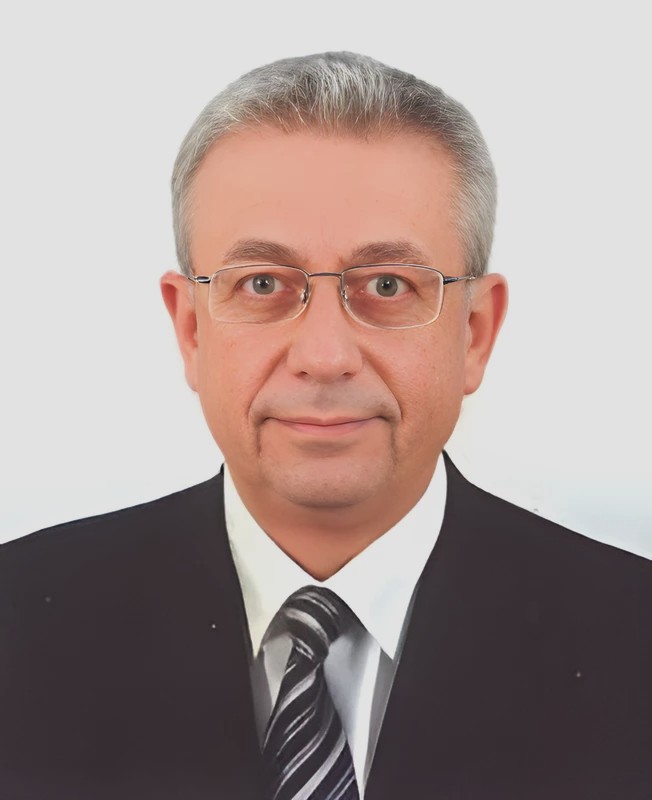
Dr. Mustafa Barghouti
Secretary General, Palestinain National initiativeDr. Mustafa Barghouthi is a Palestinian physician, political leader, and human rights advocate, known for his commitment to non-violent resistance and democratic reform. He is the General Secretary of the Palestinian National Initiative and a Member of the Palestinian Parliament. In 2005, he ran for the Palestinian presidency on a platform of anti-corruption and democratic renewal, finishing second with significant national support. Dr. Barghouthi has been nominated for the Nobel Peace Prize in recognition of his efforts to promote peaceful struggle and international solidarity for Palestine.
He currently serves as the President of the Palestinian Medical Relief Society (PMRS), which he co-founded in 1979. Under his leadership, PMRS has grown into one of Palestine’s largest community health organizations, providing essential medical services to marginalized populations across cities, villages, and refugee camps.
Dr. Barghouthi also played a key role in mediating internal Palestinian dialogue, leading to the formation of the first National Unity Government, where he served as Minister of Information. Trained in medicine in Jerusalem and the former Soviet Union, with postgraduate studies at Stanford University, he has been central to developing modern, community-based healthcare in Palestine and advancing civil society, dignity, and justice for his people.
